SUMMARY
This is AI generated summarization, which may have errors. For context, always refer to the full article.
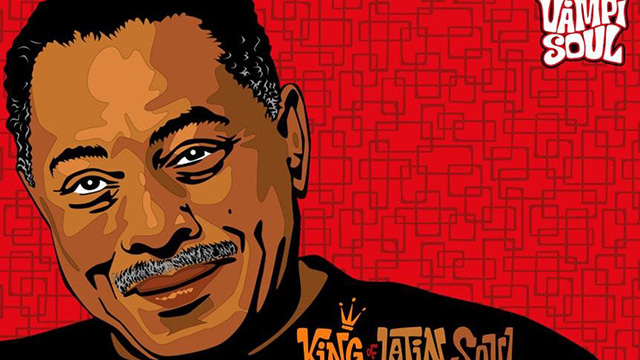
NEW YORK, USA – Joe Bataan cradled the mike as he crooned “The Lord’s Prayer” in a modest high-ceilinged auditorium at John Jay College for Criminal Justice in New York City.
In the darkness and across the Hudson River, the lights of New Jersey twinkled on a frigid winter night. The singing of Bataan seemed to ward off the chill.
He was born in 1942 to an African-American mother and a Filipino father, who named him Bataan Nitollano. Growing up in a mostly Spanish-speaking neighborhood, he picked up the language. He was Black, and Filipino, and Latino.
For a brief time, he briefly led the Dragons, a Puerto Rican gang. He spent time in prison for a stolen car charge.
His legacy is in music as the “Latin King of Soul” and on this wintry night, Joe was given the first lifetime achievement award by the Filipino American National Historical Society of Metro New York.
“Music is my salvation,” Bataan said in brief remarks after accepting the award. “I wanted to be Jackie Robinson. But I didn’t grow tall enough.”
Robinson broke the color barrier in American baseball when he played for the Brooklyn Dodgers.
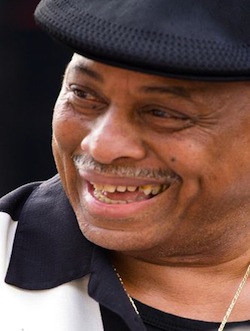 Harlem artist
Harlem artist
Kevin Nadal, a professor who presented the award to Bataan, said there was no debate about the award. “There was no question in our minds” about handing the award to the revered Harlem artist.
Bataan beamed in his nattily cut light gray suit and a black turtle neck shirt after accepting the award from Nadal. A gold crucifix hung from his neck.
After his stint in the joint, he formed Joe Bataan and the Latin Swingers. His music was informed by the Latin boogaloo and African-American doo-wop.
He wasn’t the first artist to try to meld the two styles, but he had a gift and went onto sign for Fania Records.
Bataan coined the phrase “salsoul” in 1973 and he churned out several singles under the Salsoul label. One of those singles is “Rap-O Clap-O,” an early precursor of rap. Many artists credit him for helping push Latin tunes into mainstream music.
This late in life, he has embraced the third leg of a heritage that can be confusing.
Filipino roots
Bataan remembers there were only 3 Filipinos in East Harlem when he was growing and that “they loved to play cards” to kill the time.
Like most people learning or hearing a new language, the first words he picked up were not exactly for polite company.
“The first word I learned in Tagalog was a curse word,” he told to laughter around the room.
With John Jay possibly opening Filipino language courses, Bataan said he would “want to be in the class” to learn the language of his father’s family.
Bataan briefly visited his father’s homeland for a concert at Oriental Mindoro in March of last year, and he told Filipino-Americans he would dearly want to make the trip again in the future.
He brought down the house with his rendition of “The Lord’s Prayer,” quipping that it is devoted “for all the sinners” out there. – Rappler.com
Add a comment
How does this make you feel?



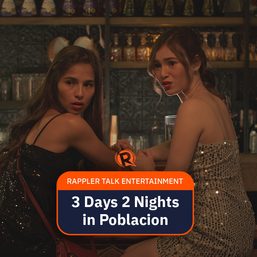
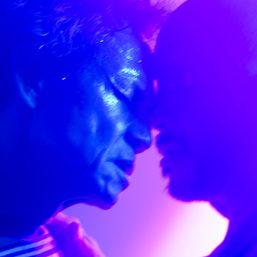
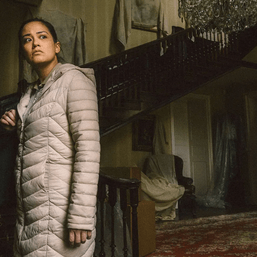
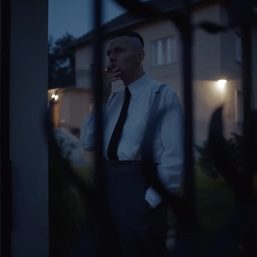


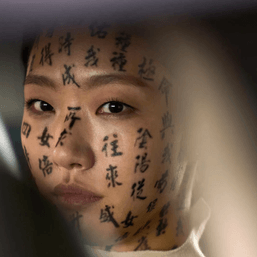
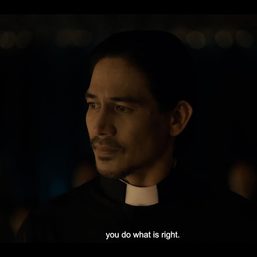
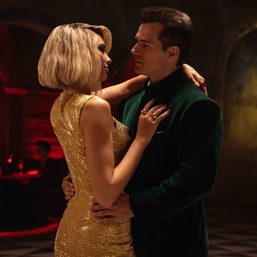



There are no comments yet. Add your comment to start the conversation.